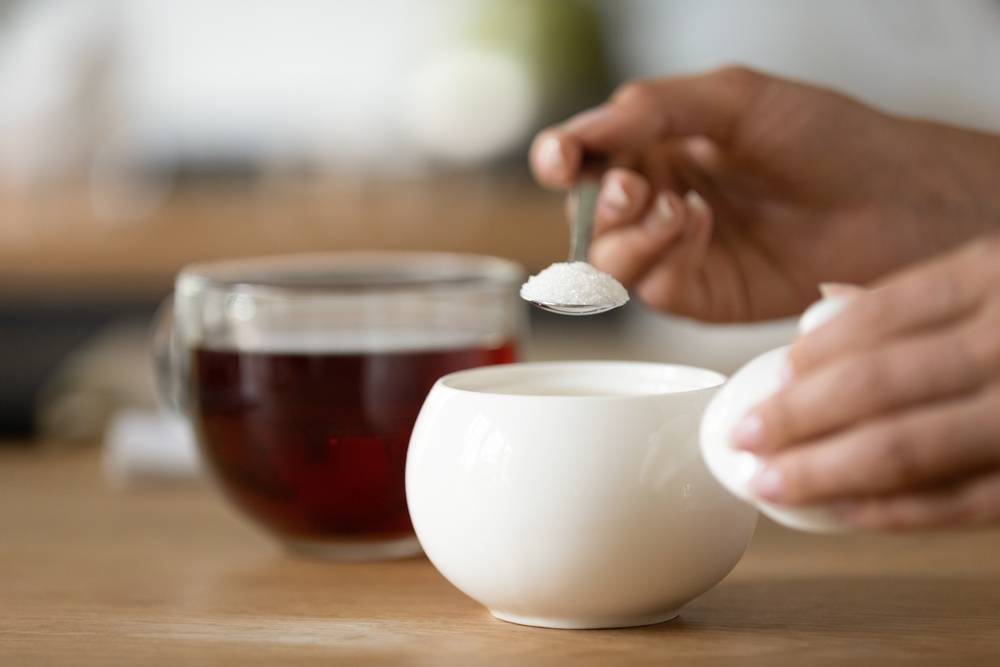The World Health Organization (WHO) has recently issued guidance advising against the use of non-sugar sweeteners (NSS) for those aiming to lose weight.
According to WHO’s systematic review of existing studies, NSS do not provide any long-term benefits in reducing body fat in adults and children.
The new guideline holds substantial implications for the Asian population, where obesity rates have been on the rise.
A Wide Range of Non-Nutritive Sweeteners in Review
The recommendation applies to all people, except individuals with pre-existing diabetes. It includes all synthetic and naturally occurring or modified non-nutritive sweeteners that are not classified as sugars. Manufacturers incorporate non-nutritive sweeteners (NSS) into foods and beverages, or consumers can add them to foods and beverages individually.
Common NSS include:
- Acesulfame K,
- Aspartame
- Advantame
- Cyclamates
- Neotame
- Saccharin
- Sucralose
- Stevia
- Stevia derivatives
Exceptions to the Guideline
The recommendation does not apply to personal care and hygiene products containing NSS, such as toothpaste, skin cream, and medications. Low-calorie sugars and sugar alcohols (polyols), which contain calories and are not classified as NSS, are also exempt from the WHO guideline.
Decoding the Impact of Sweeteners on Your Health
The recent review by WHO of numerous studies on NSS aimed to shed light on their effects on our health. The review considered 283 unique studies, including 50 randomised controlled trials (RCTs), 97 prospective cohort studies, and 47 case-control studies, providing a comprehensive analysis of the data.
Findings from Research Studies on Non-Nutritive Sweeteners
- Adults: When adults consumed NSS, they tended to have lower body weight compared to those who didn’t. However, the reduction in BMI (a measure of body fat) wasn’t statistically significant. Higher NSS intake was associated with increased BMI, higher risk of obesity, type 2 diabetes, cardiovascular diseases, and mortality in prospective cohort studies.
- Children: The results in children were mixed. Some studies suggested that replacing sugary beverages with those containing NSS led to a decrease in body fatness. However, other studies didn’t show a clear association between NSS use and health outcomes in children. Further research is needed in this area.
- Pregnant Women: Limited evidence suggested potential risks associated with NSS use during pregnancy, such as preterm birth, asthma, allergies, and poorer cognitive function in offspring. However, the evidence in this area was limited, and more research is needed for a comprehensive understanding of the effects on pregnant women and their children.
Embracing Healthy Habits for Optimal Well-being:
The WHO guideline is part of a suite of guidelines that aims to decrease the risk of non-communicable diseases (NCDs). By doing so, they hope to empower individuals worldwide to make informed choices about their nutrition.
Considering the broader context of healthy dietary guidelines, healthcare professionals can guide individuals towards healthier dietary choices. This approach encourages the adoption of healthier habits, contributing to long-term well-being and reducing the risk of NCDs.
In the wake of this guideline, it’s important to re-evaluate our dietary habits and make informed choices. As WHO’s Francesco Branca put it, “We need to recommend to parents to avoid building that sweetness interest in young children — that’s a very important action to take.” Therefore, starting these healthy habits early could be instrumental in mitigating obesity and related health issues in the long run.

